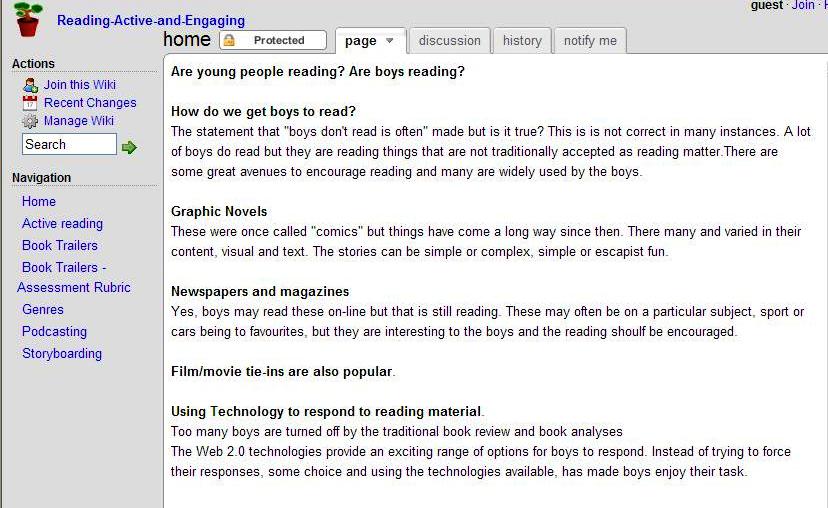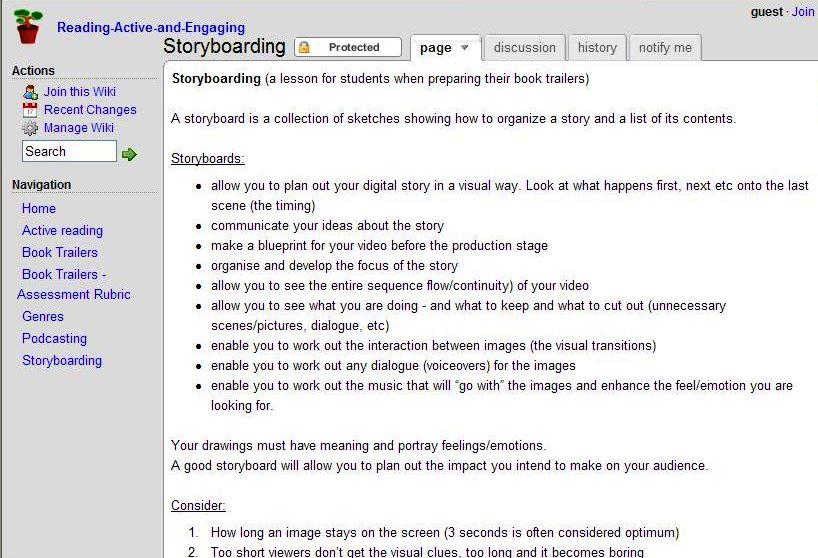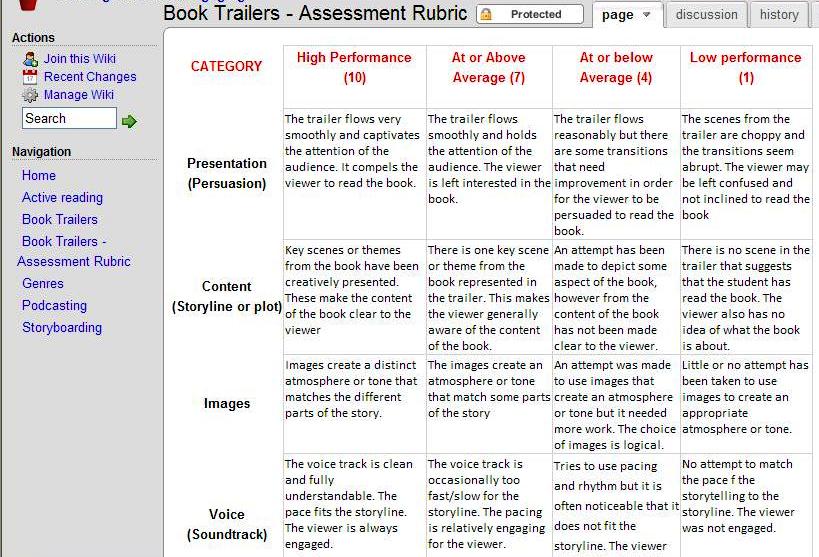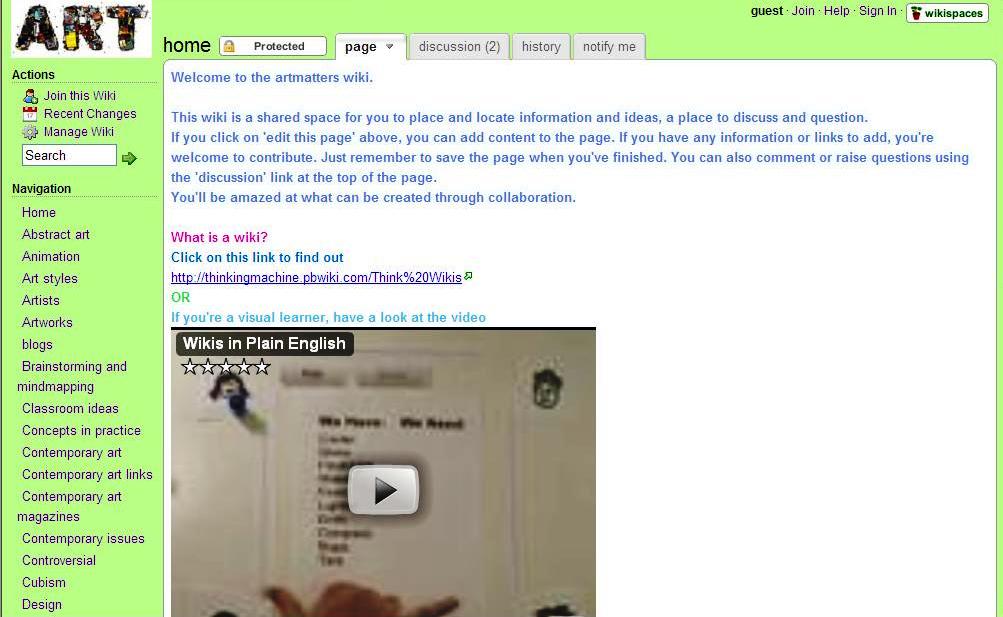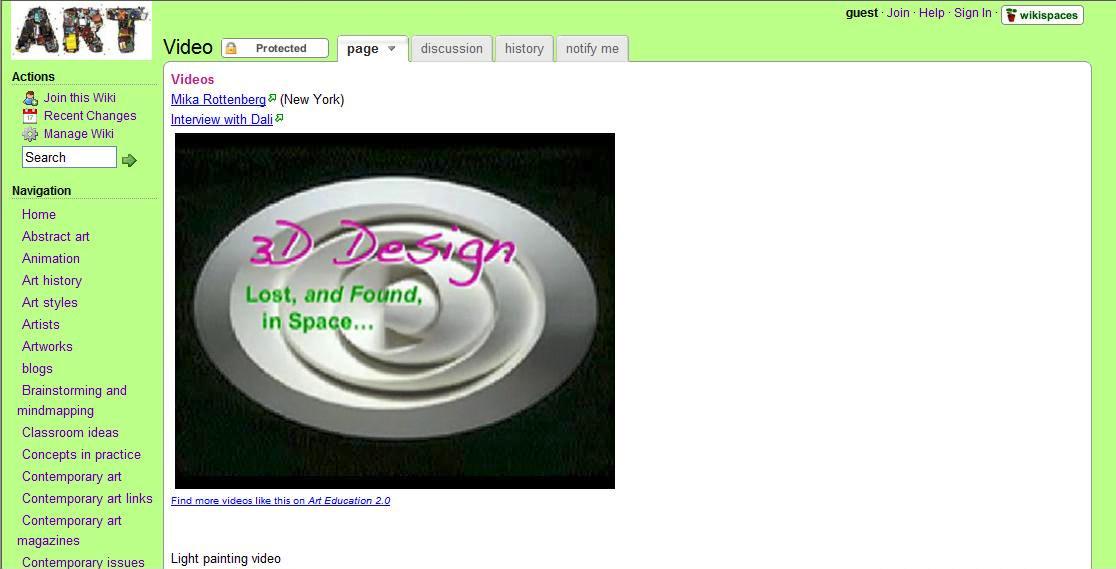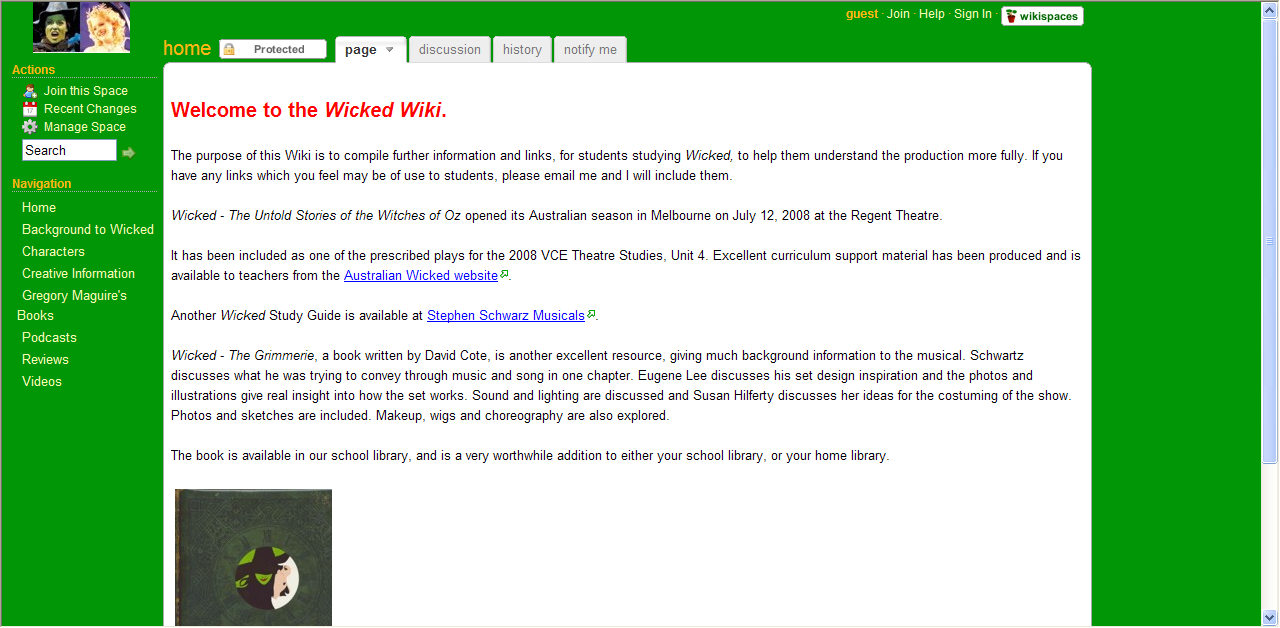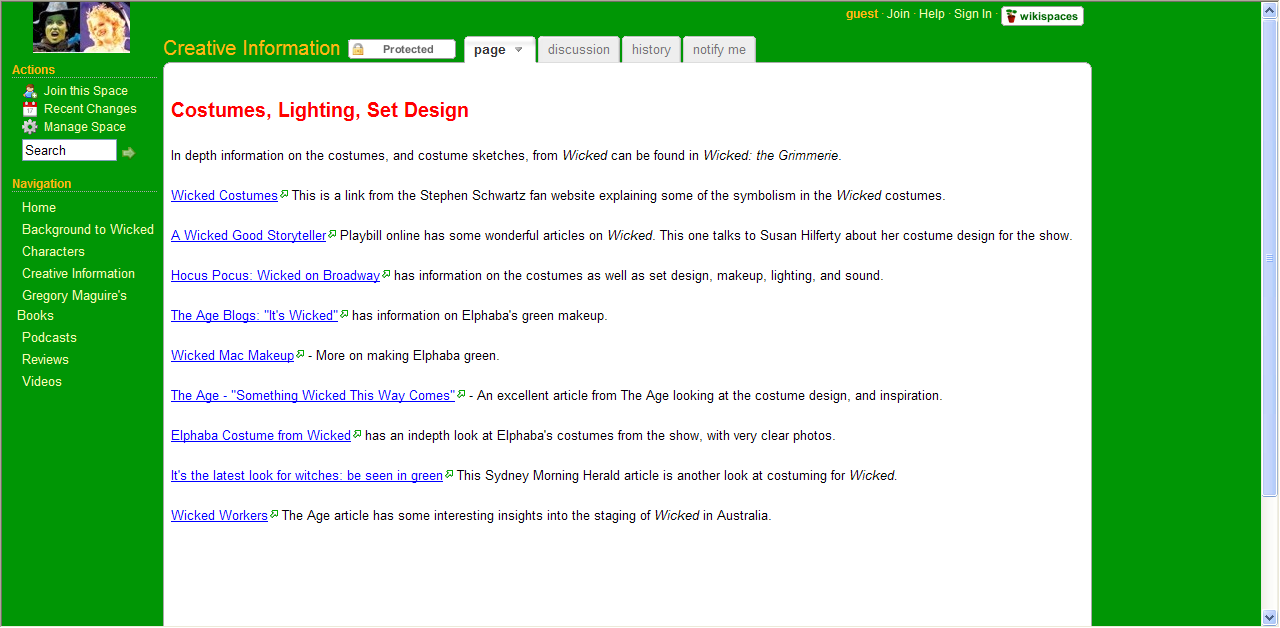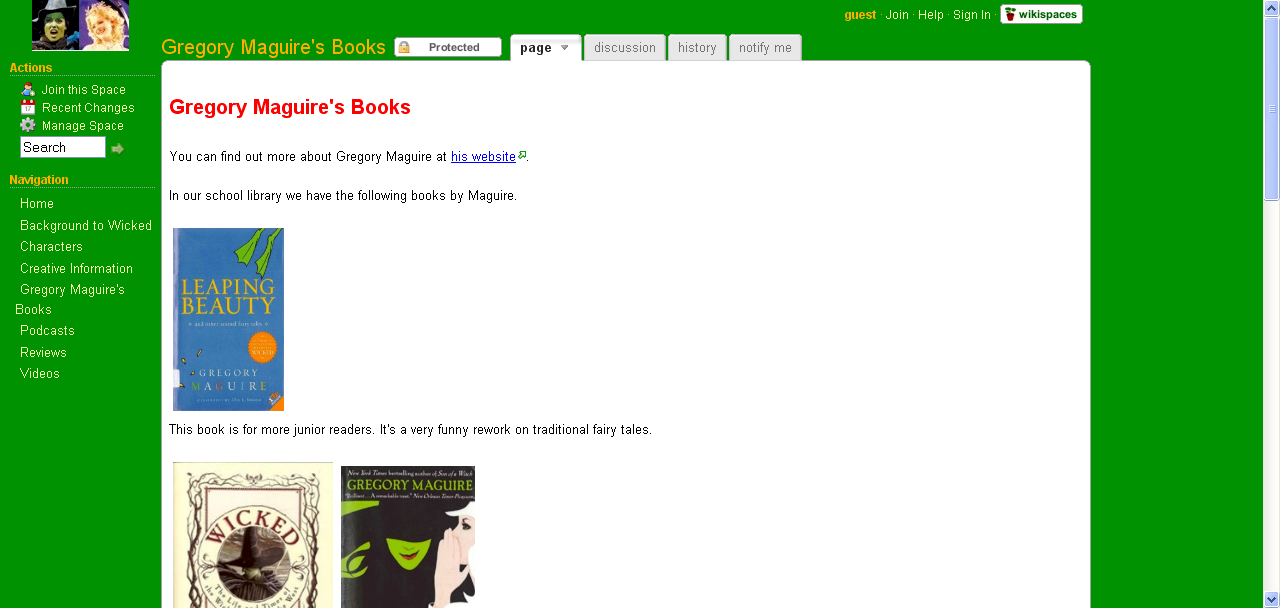Web 2.0 dynamo Tania Sheko has developed a fiction blog for the students at Whitefriars College. Tania explains the reasoning behind the blog’s development:
Why I started to write ‘Fiction is like a box of chocolates’ – I wanted to do more than just talk about books. My aim was to present information about fiction in an informal way, providing hyperlinks to further information, but without cramming it into a half-hour talk. Blogging allows me to include images of books covers or authors, videos of interviews, book and movie trailers, or videos produced by the authors themselves. My idea was that people would browse what they wanted and when they wanted to. Students will always go to the videos; they’re raised on multimedia.
The blog is deliberately informal in tone, and invites comments and discussion. Initially I started a webpage which was too static, then an internal school blog, which I couldn’t share outside the school, and finally moved to a WordPress blog which has an unlimited audience. Sharing in this way has resulted in wonderful connections with people from all over the world, and a chance to exchange ideas and information. I think that blog commenting is still foreign to our students, and needs to be learned. If English teachers integrated fiction blogs into their classes, it would be just like reading the newspaper for news, only it would be browsing the blog for information about books and authors. In the same way that we teach students to find facts in newspapers and other traditional media, we should teach them to engage with opinions and ideas in newer media such as blogs.
I don’t apologize for including as much audiovisual content as I can, as well as featuring books which have been made into films. I think the ubiquitous crossover between books and films should not necessarily be seen as a bad thing, as young people who don’t read voluntarily may come back to the book after enjoying the film. The media isn’t the most important thing, it’s the engagement with ideas and stories.
Thanks and well done again Tania. It’s great for students to be able to revisit what you have discussed at school or read about books you don’t have time to fit into your book talks. The incorporation of multimedia is a great idea and will lead more and more students back to books. Which is what we all want!

